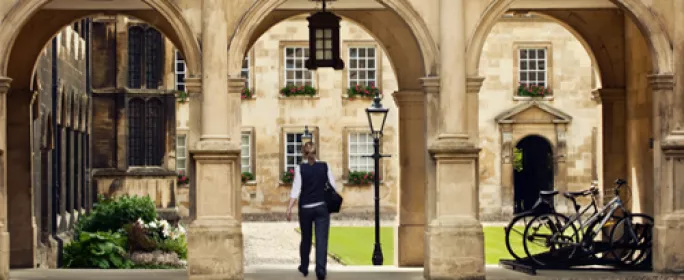Those who support the expansion of grammar schools often describe them as engines of social mobility for bright working-class children.
But a historical analysis suggests they may have been not been much more successful than comprehensives in helping their pupils gain top-flight degrees.
The findings will inflame debates currently raging in a number of selective local authorities over the expansion of existing grammars.
Overall, the study finds that 31 per cent of private school pupils born in 1970 obtained a degree from an elite university, compared with 13 per cent from grammar schools, 5 per cent from comprehensives, and 2 per cent from secondary moderns.
However, the researchers conclude that the apparent success of grammar schools on this measure could be attributed to pupils’ social backgrounds and other factors such as their attainment at age 11.
Professor Alice Sullivan of the University of London’s Institute of Education, the lead author of the study, said: “It was surprising that grammar schooling was not linked to any significant advantage in getting a degree.
“Our preliminary investigations suggest that grammar schools did make a difference at O-level [the qualification replaced by GCSEs], but this did not follow through to university chances. There appears to have been a ‘leaky pipe’ between grammar school attainment and university entrance.”
The team also investigated whether grammar schools were especially beneficial for the working-class pupils who attended them, but they found “no statistical evidence to support this argument”.
To compile their report, academics analysed the education histories of more than 7,700 people in England and Wales whose lives are being followed as part of the 1970 British Cohort Study.
But Barry Sindall, chief executive of the Grammar School Heads Association, said that basing research on the performance of grammars in the 1980s made it “difficult to draw any conclusions”.
“The period they are looking at was a time when there was a lot of reorganisation going on,” he added. “At the time, you could start your schooling in a grammar school and by the time you did your A-levels it would be a comp.
“Also, it was also not at all uncommon for people to enter the professions without going to university.”
“Social origins, school type and higher education destinations” by Alice Sullivan, Samantha Parsons, Richard Wiggins, Anthony Heath and Francis Green will be published in the Oxford Review of Education in December.
Related Stories:
Grammar schools opt to give priority to poor children: 1 May 2014
Boris Johnson: decline of grammar schools is a ‘tragedy’: 11 November 2014




